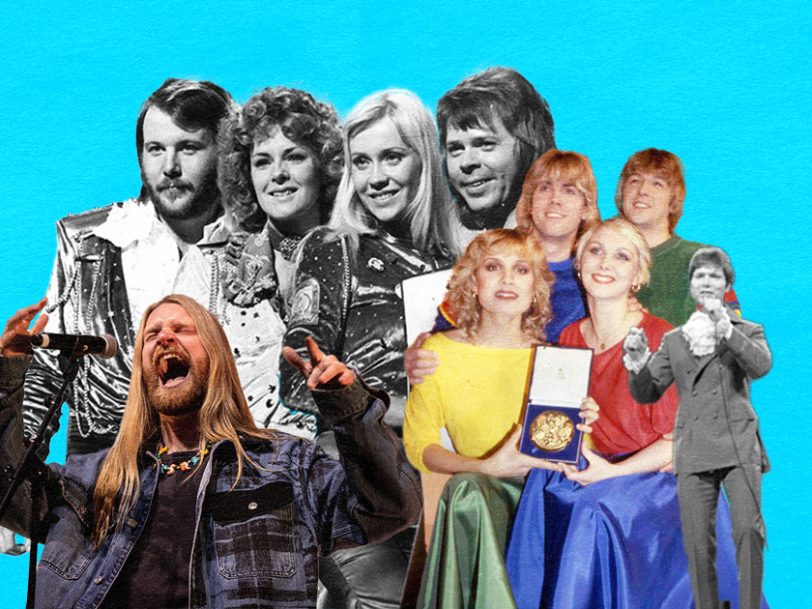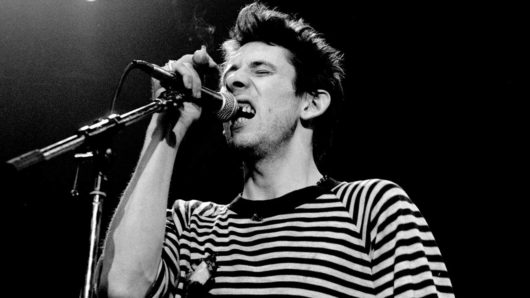Since the first Eurovision Song Contest, back in 1956, the competition has provided an arena for the best (and sometimes worst) that pop music has to offer. In the world’s most famous song contest, nations across Europe – as well as a few outside countries – submit their best tracks to find the best of the bunch. The competing artists often resort to cheesy lyrics, silly costumes and outlandish gimmicks in their performances, and politics often leads to some tactical voting – but that’s all part of the fun. Irresistible and unforgettable, our best Eurovision songs revisit the finest moments in the competition’s six-decade history.
Best Eurovision Songs: 20 Unforgettable Performances
30: Lordi: Hard Rock Hallelujah (Finland, 2006)
Perhaps one of the most unconventional Eurovision winners, Finnish heavy metal group Lordi took the world by storm with their 2006 entry, Hard Rock Hallelujah. Performing in their iconic masks and costumes, the group not only preserved their anonymity, but also scared children around the world. The outfits – just as fitting for a horror movie as they were a kitsch song competition – added to the over-the-top nature of the group’s entry, which may not have met all the normal tropes of the best Eurovision songs, but nevertheless provided an entertaining and extravagant show, proving that heavy metal can be melodic, and that Eurovision isn’t only for pop music.




